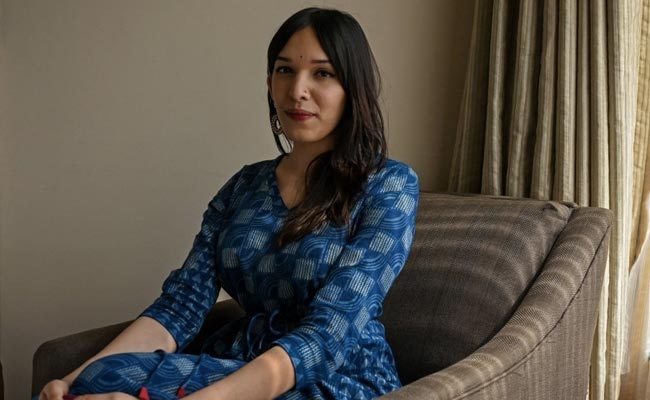The risk of invading alien organisms is low, but we're increasing the chances.

The growing demand for space exploration is increasing the chances of alien organisms invading Earth and of Earth-based organisms invading other planets, scientists have argued in a new paper.
The researchers point to humanity's record of moving species to new environments on Earth, where those organisms can become invasive and harm the native species; they say such behavior suggests the same could happen with alien life from another planet contaminating Earth and vice versa, according to the paper, published Nov. 17 in the journal BioScience.
"The search of life beyond our world is an exciting endeavour that could yield an enormous discovery in the not-too-distant future," lead author Anthony Ricciardi, a professor of invasion biology at McGill University in Montreal, told Live Science in an email. "However, in the face of increasing space missions (including those intended to return samples to Earth), it is crucial to reduce the risks of biological contamination in both directions."
Ricciardi and his colleagues use the paper to call for more collaborative studies between astrobiologists searching for extraterrestrial life and invasion biologists studying invasive species on Earth. "We can only speculate on what kinds of organisms might be encountered if astrobiologists were to find life," Ricciardi said. "The most plausible life-forms would be microbial and probably resemble bacteria."
The scientists consider the risk of interplanetary contamination to be extremely low, partly because the harsh conditions of outer space make it difficult for potential hitchhiking organisms to survive a ride on the outside of a human spacecraft. However, we should still be cautious of interplanetary contamination based on the negative impacts that invasive species have had on Earth, according to Ricciardi.
Humans have damaged ecosystems around the world by allowing organisms to invade new environments they'd never reach naturally. For example, a fungus from South America called Austropuccinia psidii was introduced to Australia in unknown circumstances and is taking over the country's native eucalyptus trees, stunting their growth and sometimes killing them.
The researchers noted that insular ecosystems that evolve in geographical isolation, such as on islands and in countries like Australia, are particularly vulnerable to invasive species, because the native wildlife in those places hasn't evolved adaptations to deal with such invaders. "Biological invasions have often been devastating for the plants and animals in these systems," Ricciardi said. "We argue that planets and moons potentially containing life should be treated as if they were insular systems."
For evidence of interplanetary contamination, the researchers cited the Israeli Beresheet spacecraft that crashed into the moon in 2019 while carrying thousands of tardigrades, microscopic animals that can survive extreme conditions, including the vacuum of space, Live Science previously reported. A 2021 study published in the journal Astrobiology concluded that the creatures probably wouldn't have survived the impact of the lunar crash but that the incident demonstrates the potential for biological spills.
Space agencies such as NASA have long been aware of the potential risks of biological contamination, and planetary protection policies have been in place since the 1960s, according to Ricciardi. "However, unprecedented risks are posed by a new era of space exploration aimed at targeting areas most likely to contain life," Ricciardi said. This includes the rise in private space exploration companies such as SpaceX that are making space more accessible, according to the paper. SpaceX, for example, aims to travel to Mars and beyond with its SpaceX Starship program.
The researchers suggest increasing biosecurity protocols associated with space travel, focusing on the early detection of potential biological contaminants and developing plans for a rapid response to any such detections.
Planets and moons have always exchanged material via meteorites, but human space exploration could accelerate contamination, said Jennifer Wadsworth, an astrobiologist at Lucerne University of Applied Sciences and Arts in Switzerland who was not involved in the paper.
The new paper is an "excellent overview" of the current and continuous need for strict and up-to-date planetary protection rules, Wadsworth said. One major issue is that current planetary protection guidelines are not mandatory, Wadsworth told Live Science.
"The line between exploration and conservation is a thin one," Wadsworth said. "One shouldn't be abandoned at the cost of the other, but both require careful consideration and, most importantly, compliance."
By Patrick Pester
Originally published on Live Science.
Panspermia is a Greek word that translates literally as "seeds everywhere". The panspermia hypothesis states that the "seeds" of life exist all over the Universe and can be propagated through space from one location to another. Some believe that life on Earth may have originated through these "seeds".



















